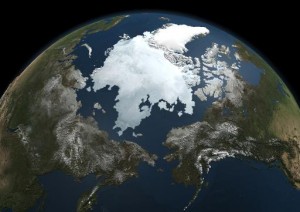The video says it all….
Environment
Environmental related posts.
A German City Has Banned Single-Serve Coffee Pods and Plastic Water Bottles
Coffee capsules have been taking hard hits in recent times, from a “Kill the K-Cup” video that went viral on Youtube last year to remarks by John Sylvan, one of the founders of Keurig’s K-Cup, expressing remorse at ever having invented the now ubiquitous coffee pod.
Yet the latest news on the coffee front is perhaps the most drastic: In January, the German city of Hamburg announced a ban on the purchase and use of coffee pods in all government-run buildings and institutions across the city.
“Capsule-coffee is expensive and the pods don’t have a good ecological balance sheet,” said Jan Dube, media spokesperson for the Ministry of the Environment and Energy. “They have lots of packaging compared to the small amount of coffee and we just decided we don’t want to buy those products anymore with public money.”
According to Dube, total consumption in 2014 in Germany was roughly three billion coffee capsules, which is estimated to equate to about 64 million pods consumed by Hamburg’s 1.75 million inhabitants. The number is concerning, said Dube, because the capsules’ composition of plastic and aluminum is so hard to recycle. There is also a lot of packaging for just a little bit of coffee. Dube estimates that there are roughly three grams of packaging for every six grams of coffee.
For full article by Marie Doezema on VICE please click here.
The mercury doesn’t lie: We’ve hit a troubling climate change milestone
Thursday, while the nation debated the relative size of Republican genitalia, something truly awful happened. Across the northern hemisphere, the temperature, if only for a few hours, apparently crossed a line: it was more than two degrees Celsius above “normal” for the first time in recorded history and likely for the first time in the course of human civilization.
That’s important because the governments of the world have set two degrees Celsius as the must-not-cross red line that, theoretically, we’re doing all we can to avoid. And it’s important because most of the hemisphere has not really had a winter. They’ve been trucking snow into Anchorage for the start of the Iditarod; Arctic sea ice is at record low levels for the date; in New England doctors are already talking about the start of “allergy season.”
This bizarre glimpse of the future is only temporary. It will be years, one hopes, before we’re past the two degrees mark on a regular basis. But the future is clearly coming much faster than science had expected. February, taken as a whole, crushed all the old monthly temperature records, which had been set in … January. January crushed all the old monthly temperature records, which had been set in … December.
Read the full article by Bill McKibben on the Bostonglobe.com website.
The Tar Sands Bubble
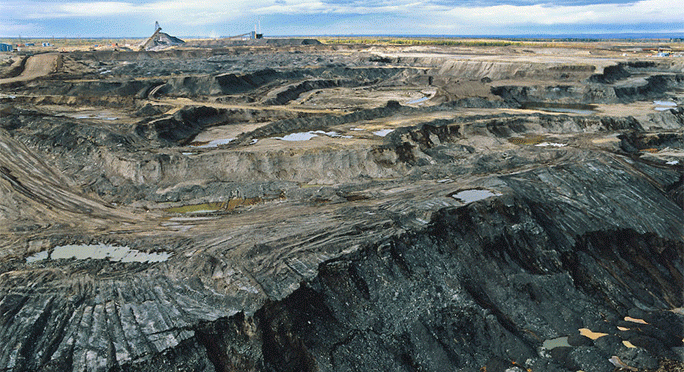
by Brian Palmer, originally published by Onearth | OCT 7, 2014 The Canadian tar sands industry has seen better days. Energy giant Statoil announced last week that it would postpone a major mining project in Alberta for at least three years. It was just the latest in a string of major setbacks for tar sands […]
Bill Nye The Science Guy Explains The Basics Of Climate Change (Video)
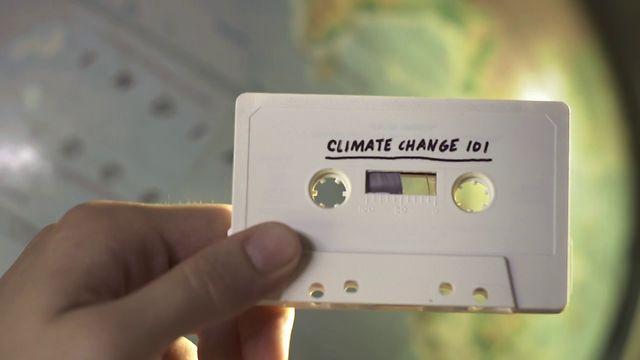
Originally posted on UpWorthy.com by Megan Kelly If you know anyone who’s having trouble wrapping their head around climate change as a human-driven crisis, this video could really come in handy. Stick around to the end for some empowering words from Bill Nye the Science Guy about how we can work together to turn things […]
Climate Desk – Cutting edge journalism covering all facets of Climate Change
What a great website, lots of interesting and insightful stories all focused squarely on climate change and how it is affecting all of us. Bookmark this site. In their own word:
About Climate Desk
The Climate Desk is a journalistic collaboration dedicated to exploring the impact—human, environmental, economic, political—of a changing climate. The partners are The Atlantic, Center for Investigative Reporting, Grist, The Guardian, Mother Jones, Slate, Wired, and PBS’s Need To Know.
Atmospheric Carbon Dioxide has Surpassed 400ppm for the First Time in Human History – SCARY!
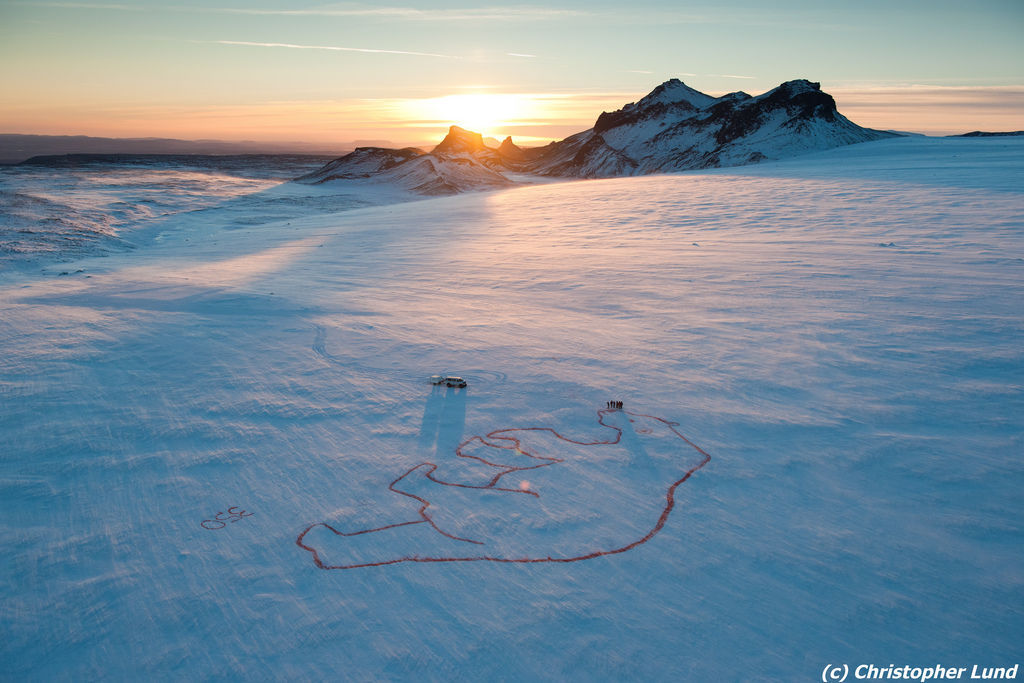
I have been very busy so it has been a while since my last post (although I have lots still to talk about), but this needs to be mentioned. We have surpassed the 400ppm (part per million) threshold of carbon dioxide in our atmosphere, which is a very scary place to be. This is the highest concentration […]
ClimateStories.us – Personal Stories of Extreme Weather
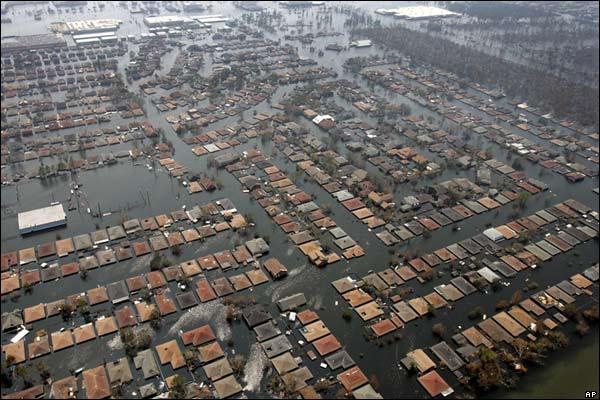
Polls show that people understand climate change when they are directly impacted by extreme weather. This year has been the warmest and most extreme for weather ever recorded in America; consequently, we’ve seen an increase in the number of Americans who say they are concerned about climate change. Ultimately, getting people interested in climate means drawing a personal link […]
‘Chasing Ice’ lets you watch the Arctic glaciers disappear before your eyes. Feel better? (Video)
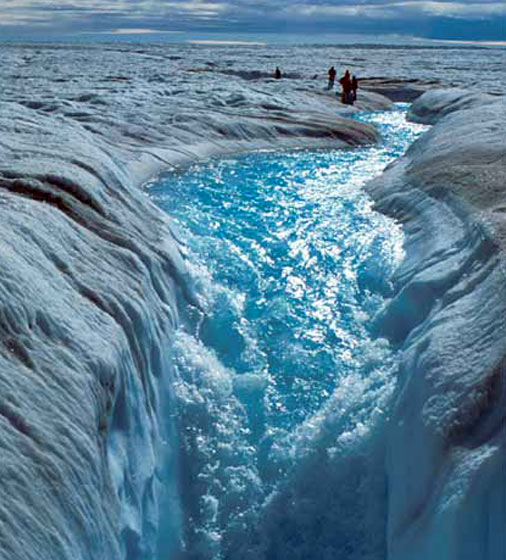
In 100 years or so, when Google’s autonomous robo-historians write the book on their fleshy predecessors, they will no doubt try to explain why we blew it on climate change. Why, despite decades of ever-more-definitive evidence, did the human species not take even the most basic of measures to avoid a catastrophe? They will find […]
The Great Barrier Reef has lost half its coral since 1985
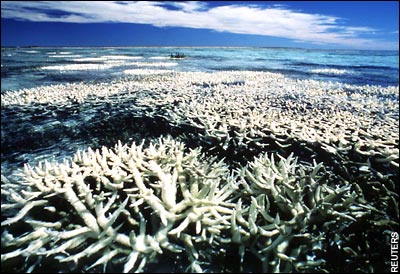
Well more bad news from our oceans. The Great Barrier Reef, once a beacon of all things ‘good’ in our troubled seas, is not doing very well after all. This story was originally posted here on Grist by Philip Bump. Optimists look at the Great Barrier Reef and see it half-full of coral. Australia’s Great […]
